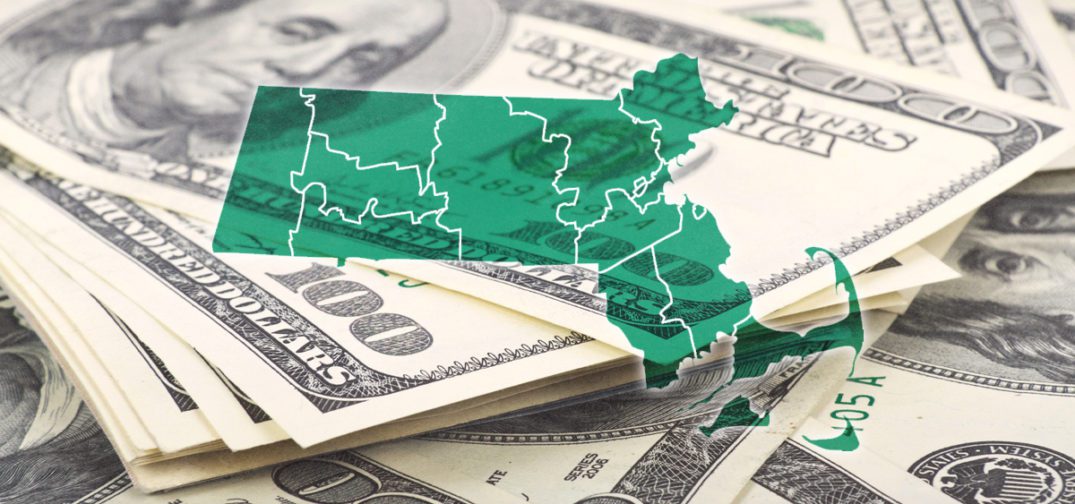Massachusetts municipalities have collected more than $53 million in “impact” fees from cannabis companies since the launch of adult-use sales in 2018, according to a Northeaster University study published by the Massachusetts Cannabis Business Association outlined in a Boston Globe report. The survey of 88 communities comes as lawmakers are considering a bill that would essentially force towns and cities to justify any fees on cannabis businesses that exceed those levied on other businesses.
State Senator Sonia Chang-Díaz (D), a sponsor of the legislation, told the Globe that the report further shows how arbitrary and unequal the process has become.”
“I look forward to the day soon when our cannabis marketplace lives up to our values and aspirations.” — Chang-Díaz to the Globe
The state’s legalization law allows communities to impose a 3% tax on cannabis sales, plus impact fees of up to 3% of a company’s annual revenue, providing the fee is “reasonably related” to costs imposed by the facility; however, due to lax oversight, many cities and towns have charged businesses the maximum amount without citing specific impacts, the report says. Local officials argue that the fees were negotiated in good faith and have helped mitigate regulatory costs and other issues such as increased traffic.
Of the 88 municipalities that said they had collected fees as part of their local agreements with cannabis companies, just 47 reported the amount in response to a public records request by the researchers, which suggests the $53.3 million total is less than the actual amount collected.
Fall River collected the most in fees from cannabis operators, $5.34 million, but did not tell researchers how that money was spent. Former Fall River Mayor Jasiel Correia was sentenced in September to six years in prison for extorting cannabis companies during his time in office.
Devon Fields, administrative services director for Brookline, said the $4.9 million it collected in fees was “justified” due to increased administrative costs, issues in the neighborhoods, and an increase in town meetings. He told the Globe it “would be a shame” if the money “were to come to a halt.”
“We incurred a ton of neighborhood impacts,” he told the Globe, “including disorderly conduct as well as trash and litter and parking and traffic enforcement issues.”
Only 42 municipalities provided researchers with information on how they were spending the revenue, with half indicating they put the money in their general funds, which allows it to be spent on any number of local initiatives and budget items, regardless of whether they were related to the impact of the cannabis industry. The town of Maynard spent some of its $137,000 in fees on four park benches, while the town of Wareham used the majority of the $1.7 million it collected toward new police headquarter, the researchers found.
Jeffrey Moyer, a Northeastern public policy professor who oversaw the study, said the research “shows that while some municipalities are following the spirit of the law and striving for real transparency, most are not.”
Get daily cannabis business news updates. Subscribe
End



